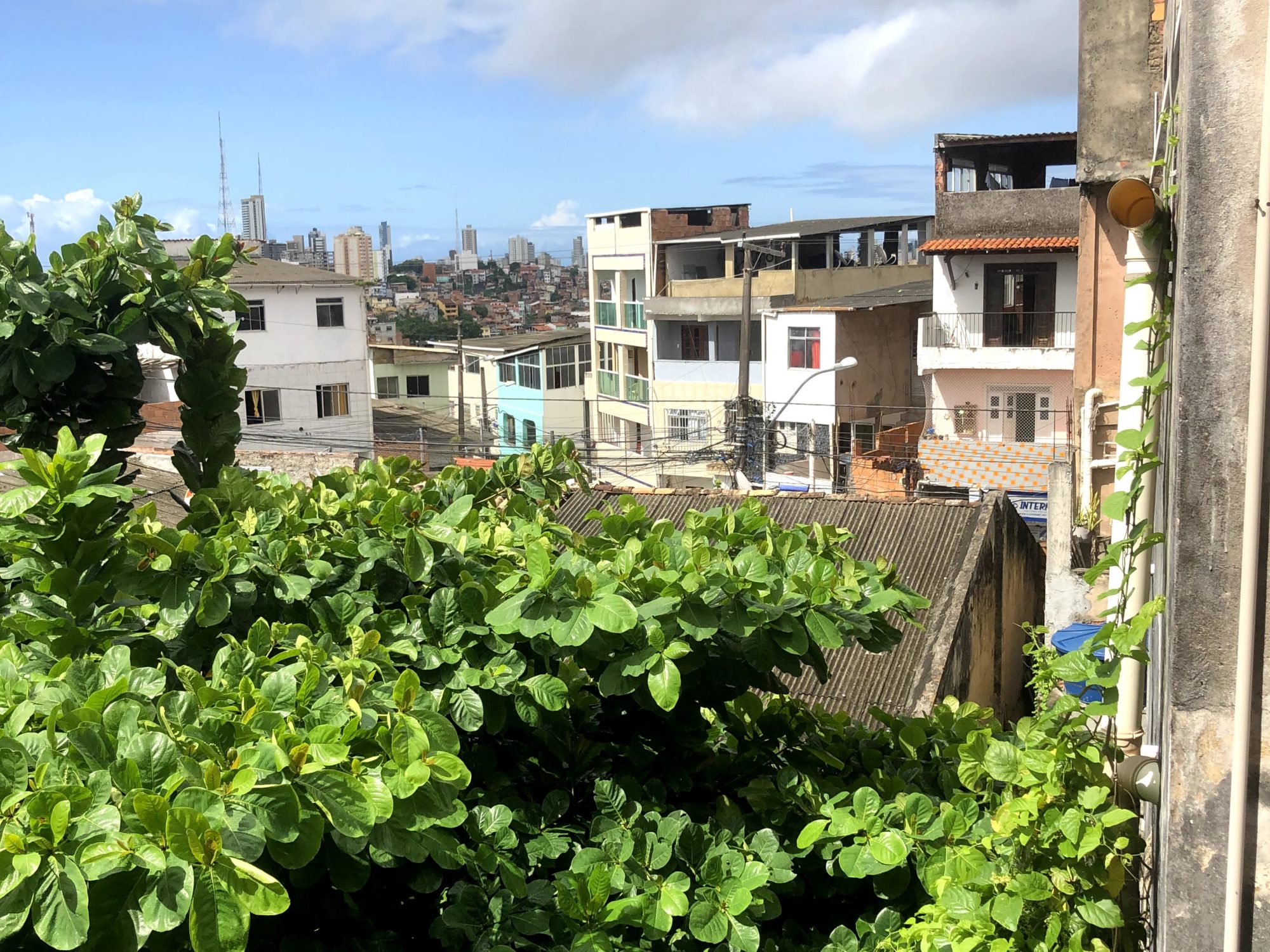Changemaker Award recipient, Arielle Crook, traveled to Salvador, Bahia to conduct ethnographic research on the spiritual and therapeutic uses of plants and to offer movement and meditation sessions with local community members. Arielle is a master’s student in the Latin American Studies graduate program at the Stone Center.
While I was a pre-medical student at Xavier University of Louisiana, I spent my summers traveling abroad to countries such as Haiti, Costa Rica, and Cuba, where I developed my unique understanding of global citizenship, holistic wellness, and I began to recognize the richness of the African diaspora in the Latin American and Caribbean region. At the Stone Center, I explore the various uses of plants and other healing modalities in African-derived religions in Brazil. My thesis titled, “At the Intersection of Health, Healing, and Culture: Analyzing the African Botanical Legacy in Brazil” explores the ethnobotanical relationship between African descents in Brazil and plants while arguing that health, wellness, and healing are multidimensional.

bell hooks’ chapter “Touching the Earth” in Sisters of the Yam (1993) emphasizes the importance of self-healing and communal healing through human connection with Nature, a practice heavily rooted in ancestral knowledge that can are evident in the realities for people of the African diaspora. Therefore, I am guided by hooks’ wisdom and call for attention to these intimate relationships between Afro descendants and their relationships with plants as a healing praxis.

I spent time in Salvador, Bahia conducting ethnographic research, organizing interviews, and networking Black women who use medicinal plants in their entrepreneurial ventures, such as making cosmetic products and offering healing services. I attended workshops and panel discussions throughout the city organized and facilitated by Black women activists, professors, artists, and other community members.
While conducting research for my thesis, I used my skills as a visual and movement artist to engage with my international and local communities by offered movement and mediation classes for the participants of the Projeto Conexão Diversidade Racial (Racial Diversity Connection Project). This session focused on basic breathing techniques that can be adapted into everyday practice body thus promoting positive consciousness and health. It was an important exchange of culture and knowledge through guided meditation.

I aspire to create a professional research career centered on creating bridges between people of the Africa diaspora through transatlantic dialogue to facilitate conversations based on healing through plant medicine, storytelling, and creative movement.
